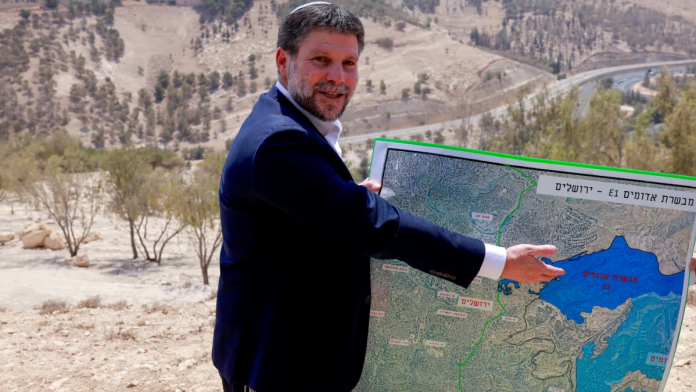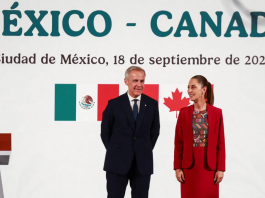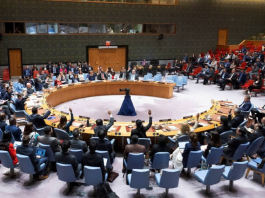Israeli Finance Minister Bezalel Smotrich recently made headlines after calling the Gaza Strip a “real estate bonanza.” Speaking at a real estate event in Israel, Smotrich said that the area could become highly valuable for development after the ongoing conflict. He claimed that Israel is already discussing plans with the United States to divide and develop the land.
Smotrich mentioned that because of the high costs of the war, it is important to decide how to use the land in Gaza. According to him, “The demolition phase is always the first phase of urban renewal,” implying that after destruction, new construction could follow. He suggested that the current situation offers a business opportunity for investors, describing the area as a potential hub for new developments.
His words have caused widespread outrage internationally. Critics argue that referring to Gaza in such a way, while millions of people live there under difficult conditions, is deeply insensitive. The remarks have drawn attention to plans that could affect the future of Gaza and its residents.
US sanctions Palestinian rights groups over ICC war crimes case against Israel
U.S. Involvement and the GREAT Trust Proposal
Smotrich said that Israel is already in talks with the United States about a plan called the Gaza Reconstitution, Economic Acceleration and Transformation Trust (GREAT Trust). This plan is a proposal to rebuild Gaza, relocate some residents, and create new, modern cities with advanced technology, aiming to turn the area into a center for business and investment.
The proposal suggests that people living in Gaza could be given a small fee to leave, while landowners might receive digital tokens that can be exchanged for new housing in the redeveloped area. The plan also mentions building several modern, AI-powered cities in the area.
Belgium announces recognition of Palestine with conditions and sanctions on Israel
The financial modeling for the plan was provided by the consulting firm Boston Consulting Group (BCG), which helped establish the Gaza Humanitarian Foundation (GHF). Experts have calculated that such a project could be very profitable, with investments potentially returning several times the initial amount spent. While BCG has since distanced itself from the plan, the idea has continued to gain attention because of the scale of potential investments and the impact on Gaza’s population.
Concerns Over Population Relocation
Reports suggest that the GREAT Trust plan would involve relocating or removing the entire population of Gaza. Israeli and American officials have insisted that any relocation would be temporary. However, critics, including U.S. Senators Chris Van Hollen and Jeff Merkley, argue that the reality may be very different, with the potential for mass displacement of residents.
The proposal has been criticized for presenting a “voluntary” relocation while actually pressuring people to leave their homes. Observers say that turning Gaza into a development project without its current population raises serious legal and ethical questions.
The plan envisions turning the Gaza Strip into a center for investment and modern city projects, which could include luxury housing, smart city infrastructure, and tourism projects. While proponents highlight economic gains, the impact on Gaza’s 2.2 million residents remains a major concern.
Smotrich’s comments and the plan itself have fueled debate about the human and political implications of the redevelopment efforts. Many human rights advocates say that the language of “real estate bonanza” shows a disregard for the people currently living in Gaza. The discussions between Israel and the U.S. on this project are ongoing, and the remarks have brought renewed attention to what could be one of the most significant redevelopment proposals in the region.




